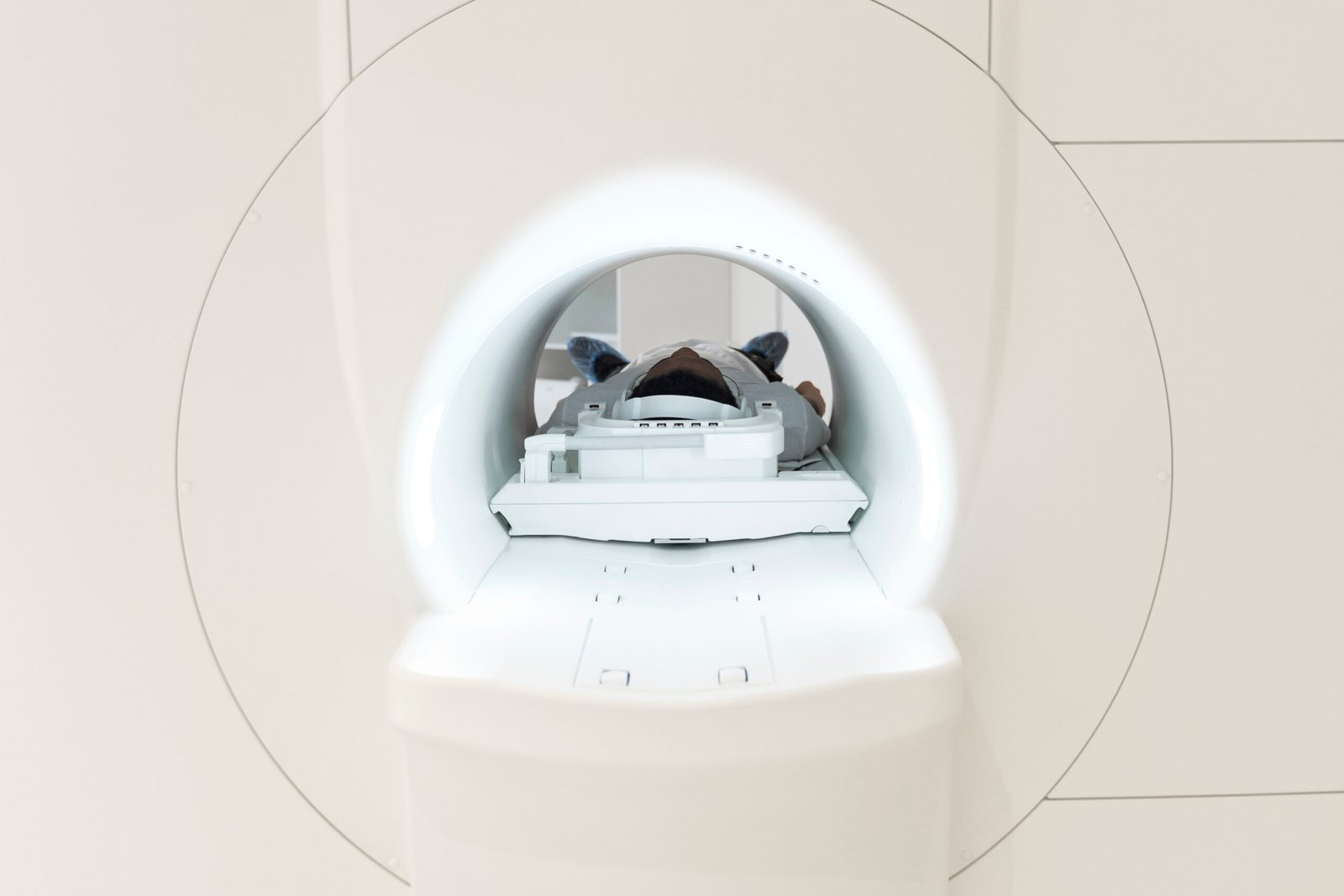When it comes to diagnosing internal health issues, especially those involving soft tissues, nerves, and organs, few tools are as powerful and precise as the MRI scan (Magnetic Resonance Imaging). Over the years, MRI has revolutionised diagnostic medicine, helping doctors view detailed images of the human body without any surgical intervention.
In this blog, we will explore 7 key benefits of MRI scans and why they are often the gold standard for accurate diagnosis in various medical conditions — from brain injuries and spinal disorders to joint pain, tumors, and more.
1. Exceptional Image Clarity and Detail
MRI scans offer high-resolution, 3D images that provide exceptional detail of soft tissues, cartilage, ligaments, and organs that X-rays or CT scans might miss.
Why it matters:
- Detects tiny abnormalities, even before symptoms become serious.
- Offers clear contrast between different types of tissue.
- Especially useful in diagnosing brain, spinal cord, joint, and muscle conditions.
This high level of accuracy ensures faster and more precise treatment planning.
2. No Radiation Exposure
Unlike X-rays or CT scans, MRI does not use ionising radiation. Instead, it relies on powerful magnetic fields and radio waves to generate images.
Why it matters:
- Safe for repeated use, especially in children or patients requiring frequent scans.
- Ideal for pregnant women (under guidance) where radiation is to be avoided.
- Safer for patients with chronic conditions like multiple sclerosis, arthritis, or tumors who need long-term monitoring.
This radiation-free advantage makes MRI a preferred choice for long-term diagnostic follow-ups.
3. Early Detection of Serious Conditions
MRI can detect diseases in their earliest stages, even before noticeable symptoms appear. This includes conditions like:
- Brain tumors
- Multiple sclerosis
- Spinal disc herniation
- Stroke or ischemic changes
- Breast cancer (with contrast)
- Liver cirrhosis and fibrosis
Early detection significantly improves the chances of effective treatment and positive outcomes.
4. Helps in Planning Surgeries with Precision
MRI scans are crucial in pre-surgical planning. They provide surgeons with detailed insight into:
- The location, size, and nature of the abnormality.
- The relation of the mass to surrounding tissues or vital structures.
- Whether nerve roots, blood vessels, or organs are involved.
This reduces complications during surgery and increases the chance of complete removal (in case of tumors or cysts), especially in brain, spine, and orthopedic surgeries.
5. Versatile Use Across Specialties
MRI is one of the most versatile diagnostic tools used across various specialties:
Brain & Neurology:
- Stroke, multiple sclerosis, brain tumors, epilepsy, migraines
Orthopaedics:
- Joint injuries, ligament tears, spine degeneration, bone infections
Cardiology:
- Heart muscle damage, congenital heart defects, blood flow issues
Oncology:
- Tumor staging, spread detection, soft tissue cancers
Abdominal Imaging:
- Liver, kidney, pancreas, uterus, prostate, and bladder evaluation
This all-round capability makes MRI indispensable in multi-specialty hospitals and diagnostic centres.
6. Painless and Non-Invasive
One of the most patient-friendly features of MRI is that it’s completely non-invasive and painless. There are no needles, cuts, or instruments inserted into the body.
Comfort Features:
- Open MRI options for claustrophobic patients
- Noise-reducing headphones or music during scan
- Sedation available if required for anxiety or pediatric scans
Patients can usually return to normal activities shortly after the scan, making it a hassle-free diagnostic method.
Bonus: MRI with Contrast Offers Enhanced Accuracy
Sometimes, doctors recommend an MRI with contrast dye (usually gadolinium-based) to improve visibility of blood vessels, tumors, or inflammation.
Added advantages:
- Detects vascular conditions and blockages more accurately.
- Highlights areas of inflammation or active disease.
- Differentiates between benign and malignant tumors.
Contrast MRIs are especially useful in cancer, heart, and neurological assessments.
FAQs About MRI Scans
Q1. How long does an MRI scan take?
Typically, an MRI scan takes 30–60 minutes depending on the body part and whether contrast is used.
Q2. Is MRI safe for everyone?
It’s safe for most people. However, those with metal implants, pacemakers, or aneurysm clips should inform the technician beforehand.
Q3. Is there any preparation required?
For most MRIs, no preparation is needed. For contrast scans, fasting for a few hours may be required.
Q4. Will I feel anything during the scan?
You won’t feel anything, but you will hear loud tapping or knocking sounds. Ear protection is provided.
Q5. How soon will I get my results?
MRI reports are usually ready within 24–48 hours, depending on the urgency and facility.
Conclusion: MRI Is a Diagnostic Powerhouse That Saves Lives
MRI scans have dramatically improved the way we diagnose and treat medical conditions. Their ability to offer detailed, accurate, and radiation-free imaging makes them a vital tool in early detection, treatment planning, and patient care.
If your doctor recommends an MRI, it’s because they want the most reliable, safe, and comprehensive look inside your body. And with the right technology and expert interpretation, MRI can make all the difference.




